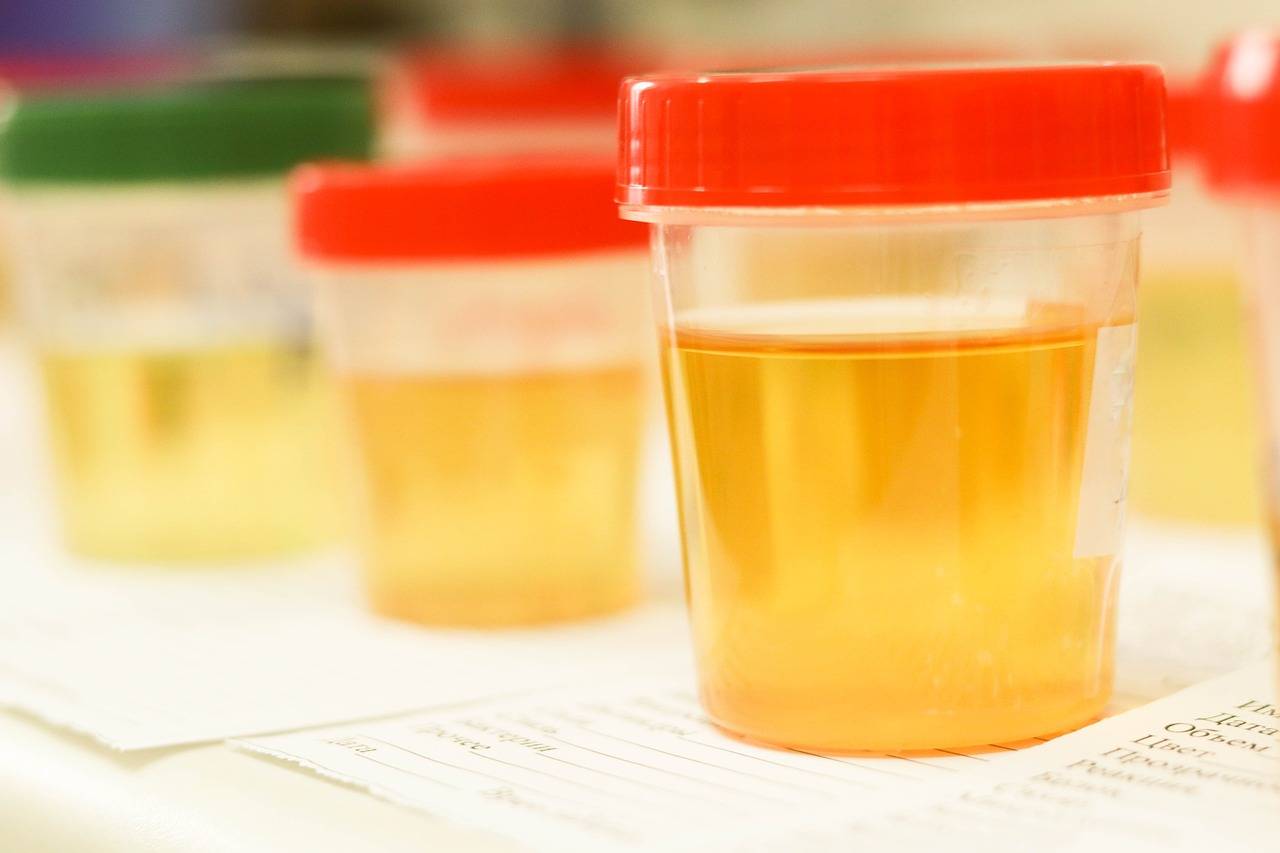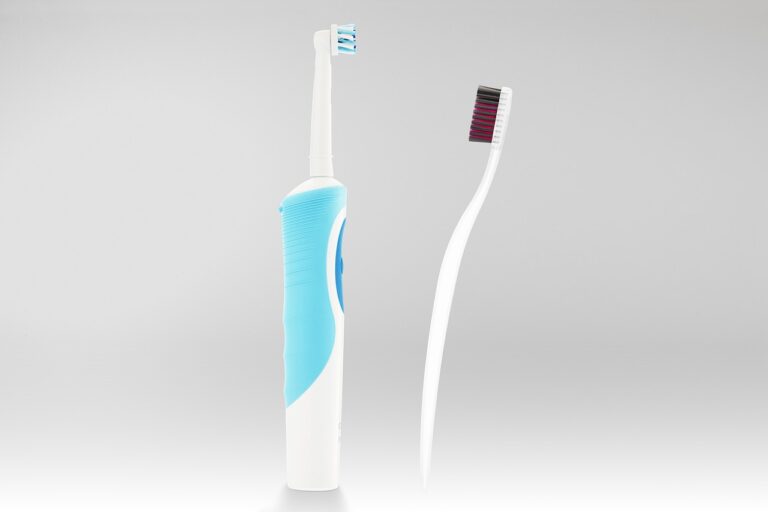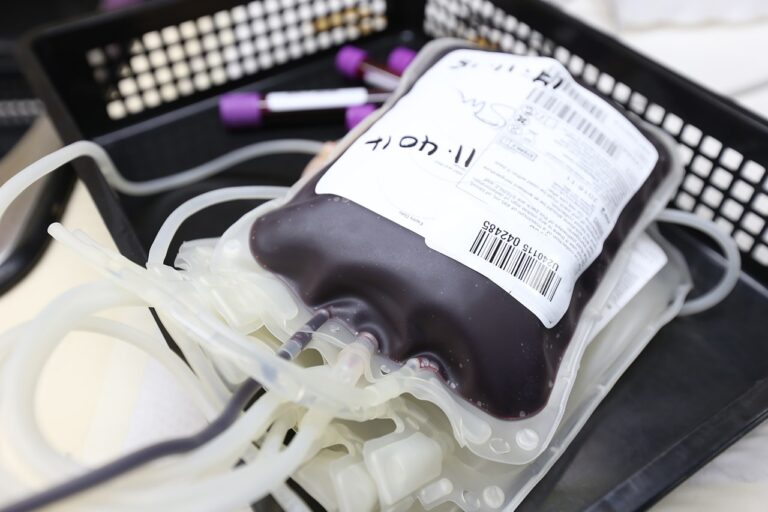Analyzing the Health Effects of Sugar and Artificial Sweeteners
Excessive sugar consumption can lead to a multitude of health issues. One of the primary concerns is weight gain, as sugary foods and drinks are often high in calories and can contribute to an imbalance in energy intake and expenditure. This can increase the risk of obesity, which in turn elevates the likelihood of developing chronic conditions such as heart disease, type 2 diabetes, and certain types of cancer.
Moreover, consuming large amounts of sugar has been linked to the development of dental problems, particularly tooth decay and cavities. Bacteria in the mouth feed on sugars, producing acids that erode tooth enamel and create an environment conducive to decay. Over time, this can result in poor oral health and the need for complex dental treatments. Additionally, high sugar intake can also disrupt the balance of gut bacteria, potentially leading to digestive issues and inflammation in the body.
Common Artificial Sweeteners Found in Processed Foods
Artificial sweeteners are prevalent in a variety of processed foods, providing a low-calorie alternative to sugar. Aspartame is one of the most commonly used artificial sweeteners, found in products like diet sodas and sugar-free snacks. Sucralose, another popular sweetener, is often added to beverages, baked goods, and dairy products for its intense sweetness without the extra calories.
Saccharin, a zero-calorie sweetener, is frequently incorporated into food products like low-calorie drinks and sweet treats. Additionally, stevia, a plant-based sweetener, has gained popularity for its natural origins and minimal impact on blood sugar levels. These artificial sweeteners offer a way for individuals to enjoy sweet flavors without the added sugar content, although their long-term effects on health are still a subject of ongoing research.
How Sugar and Artificial Sweeteners Affect Blood Sugar Levels
Sugar and artificial sweeteners can both have a significant impact on blood sugar levels. When consumed in excess, sugar can cause a rapid spike in blood sugar levels, leading to a sudden energy boost followed by a crash. This rollercoaster effect can contribute to feelings of fatigue, irritability, and cravings for more sugary foods.
On the other hand, artificial sweeteners are often used as sugar substitutes in processed foods and beverages. While they may not raise blood sugar levels directly, some studies suggest that artificial sweeteners can still have an effect on insulin sensitivity and metabolic health. This can potentially disrupt the body’s ability to regulate blood sugar levels effectively over time.







